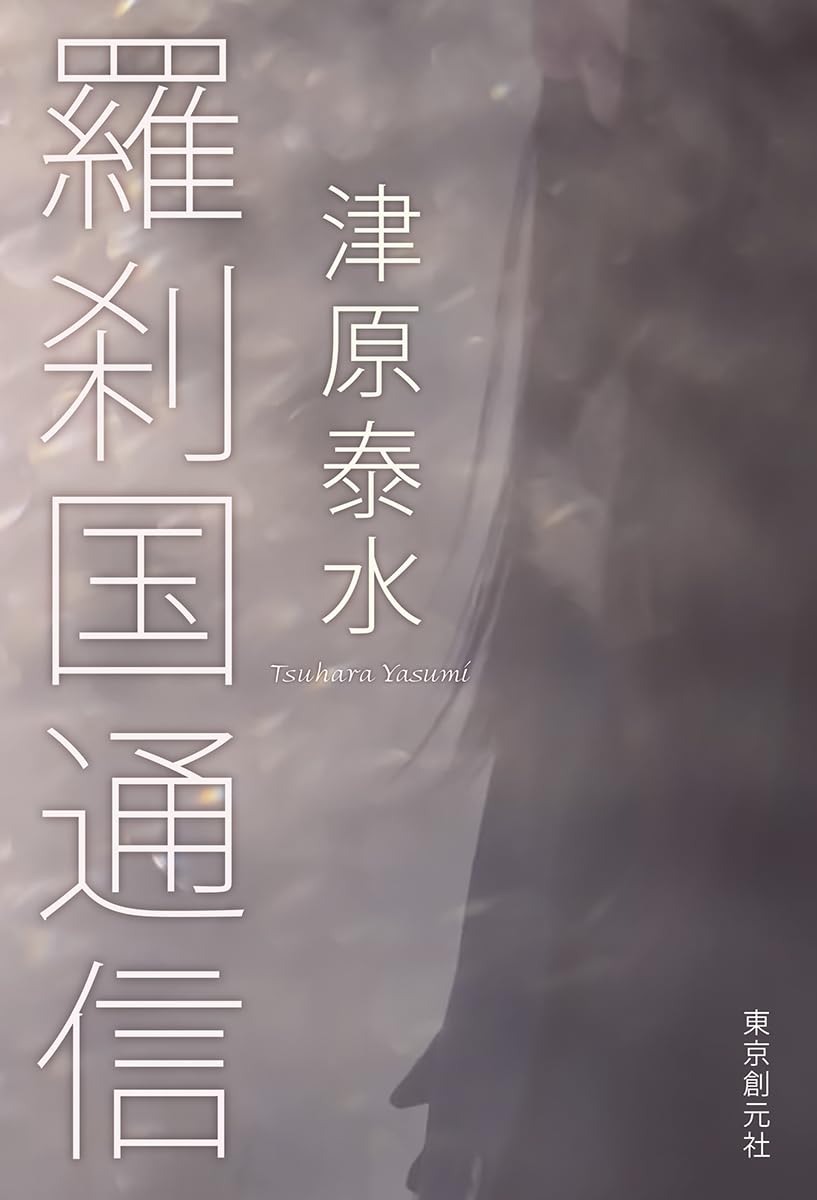Jim Rion reviewed 羅刹国通信 by Yasumi Tsuhara
A challenge on many levels
4 stars
Japan's approach to literature can sometimes stand in the way of easy genre labeling. Which is not a bad thing, but I only learned about this book when it was ranked in an annual survey of horror fiction. I'm not sure that is a good way to bring it to the public eye. This is a novel of a mind broken into two pieces by grief and regret, and by the desire to simply be something else. Rie Souda is a girl of fifteen or so who is turning into an oni. She has grown horns that she can see and touch, but no one else can. In her dreams, she wanders a fiery waste--the burning hell of Japanese Buddhist tradition--seeking shelter from the blistering sun and trying not to become prey to the other maddened wanderers. It is only when she meets, in her dream and in real life, …
Japan's approach to literature can sometimes stand in the way of easy genre labeling. Which is not a bad thing, but I only learned about this book when it was ranked in an annual survey of horror fiction. I'm not sure that is a good way to bring it to the public eye. This is a novel of a mind broken into two pieces by grief and regret, and by the desire to simply be something else. Rie Souda is a girl of fifteen or so who is turning into an oni. She has grown horns that she can see and touch, but no one else can. In her dreams, she wanders a fiery waste--the burning hell of Japanese Buddhist tradition--seeking shelter from the blistering sun and trying not to become prey to the other maddened wanderers. It is only when she meets, in her dream and in real life, Kaname Akutagawa, an older boy from her high school, that she realizes they are all oni. Horned, red skinned, mouths filled with teeth that tear. And they must eat what they can. So, yes, there is violence and blood and cannibalism here, but not in lurid detail. It is more as a marker of the two lives that Rie seems to be living now, and what is more important is why. Because Rie has killed. When she was younger, she had an uncle who lost his wife in a disaster, and it broke him. He became a shattered ghost, always seeking his lost Tomoko (and, indeed, sometimes calling Rie by that name). He wanted to die, and so Rie helped him by pushing him off a cliff. But Rie is also seeking help. She has a family that, as hard as it is, encourages her and takes her to get care and is with her when they can be. And then... Well, it can only be said that this book is unfinished. It was in magazine serialization from 2000 to 2002 when the author died suddenly, and so Rie's fate and the truth of her life and so much more remain unknown. This is very much what would be in the "lit horror" scene in the west, simply because of the complexity of the language and the depth of theme it brings, and it is sometimes almost lyrically beautiful. But unraveling it, deciphering it, grasping the threads of it is perhaps beyond me because there is much I didn't get. But it was worth the effort.

